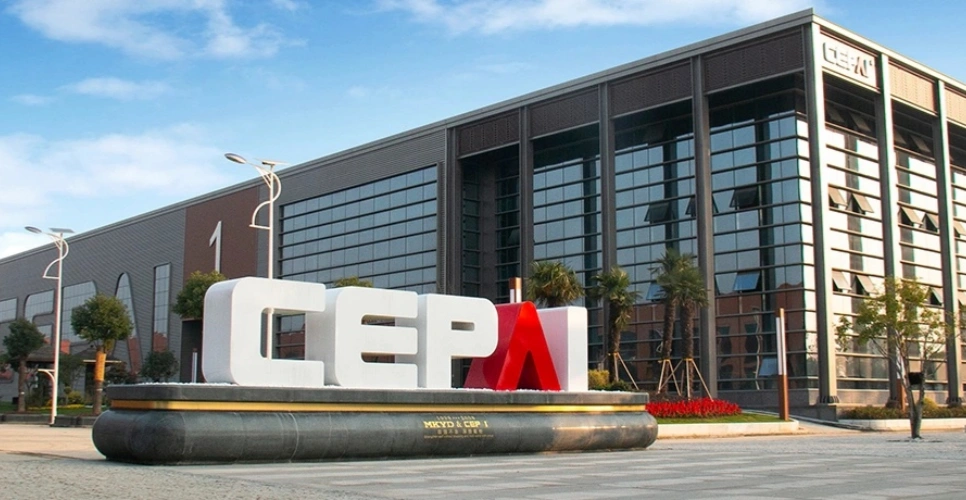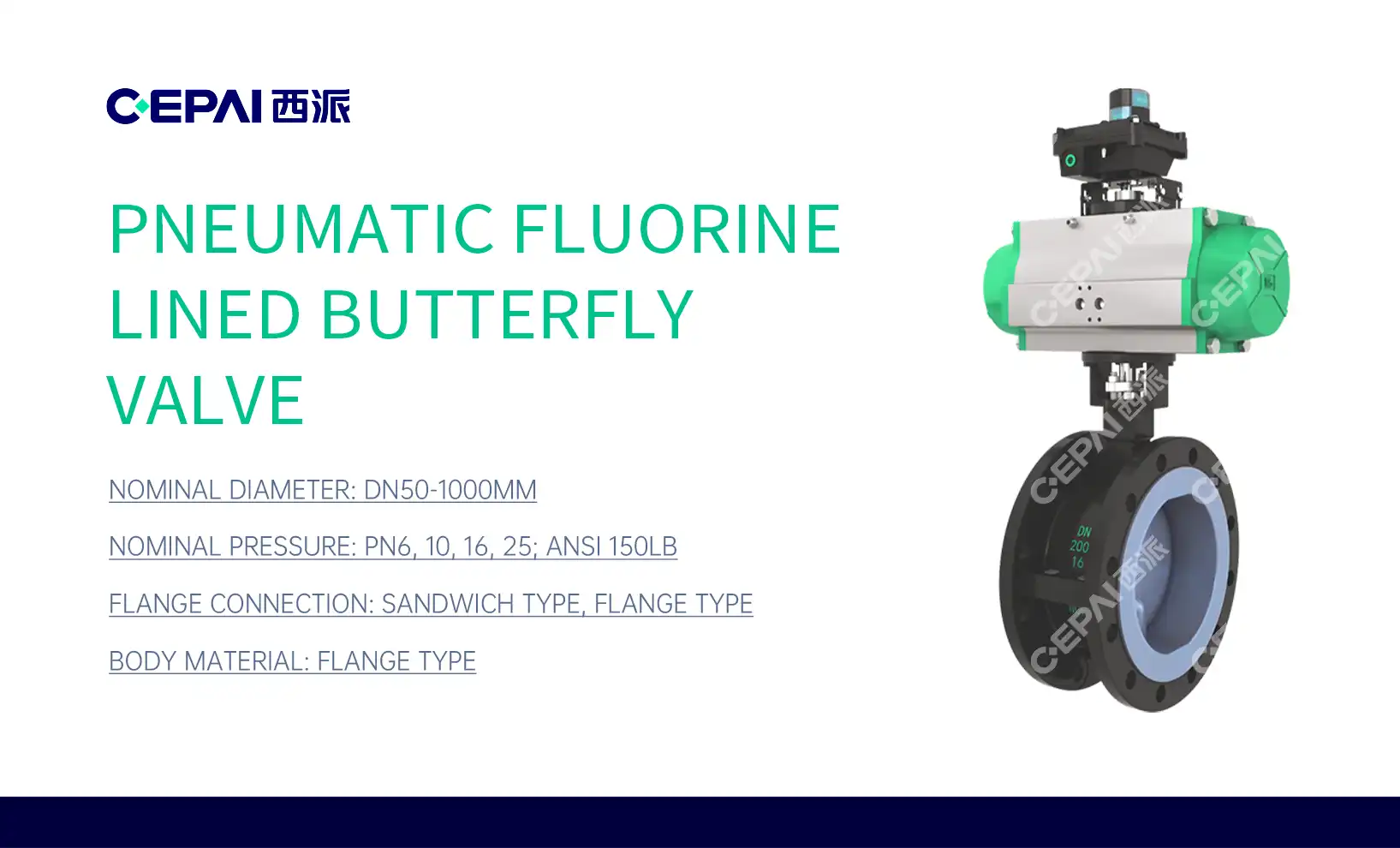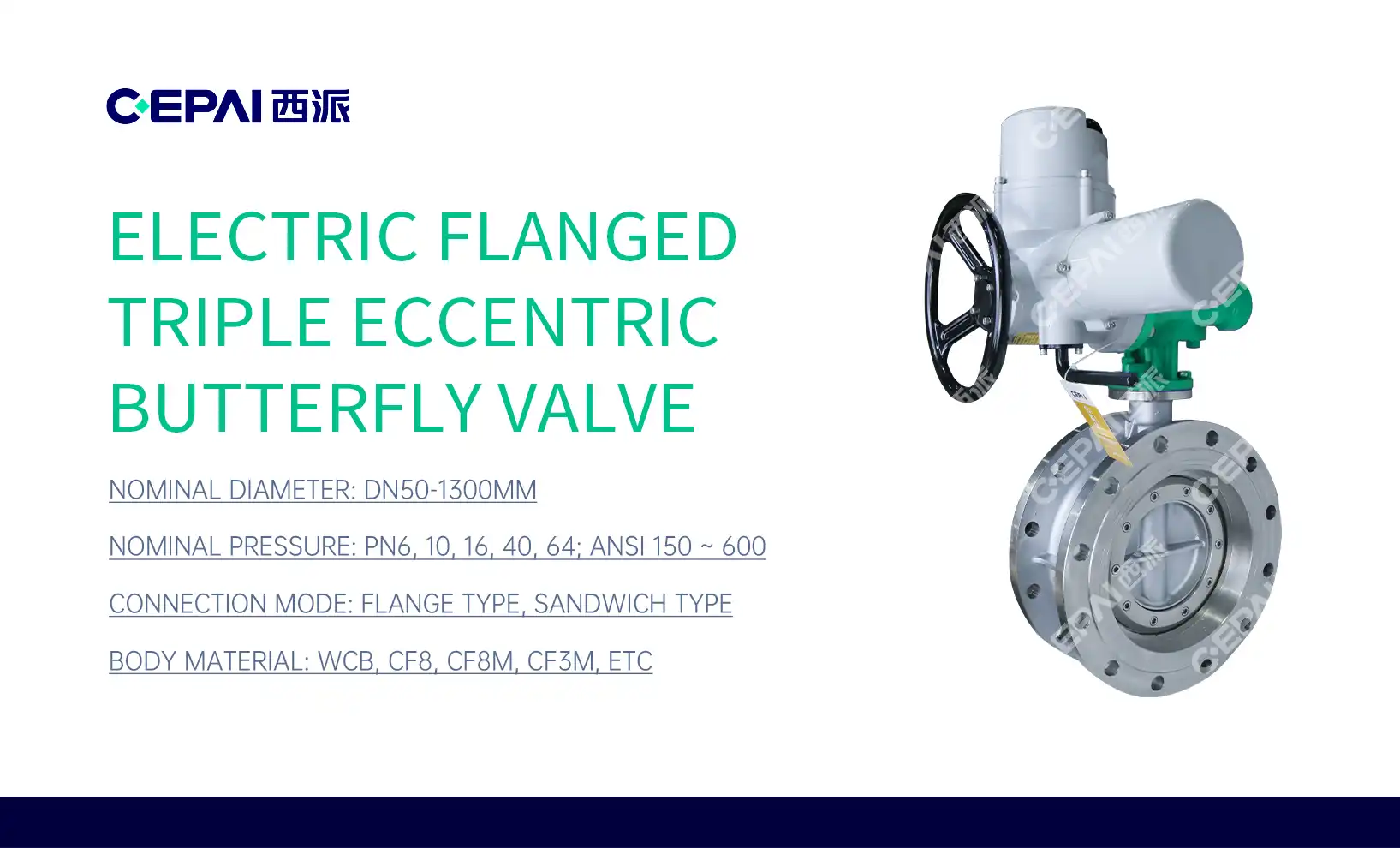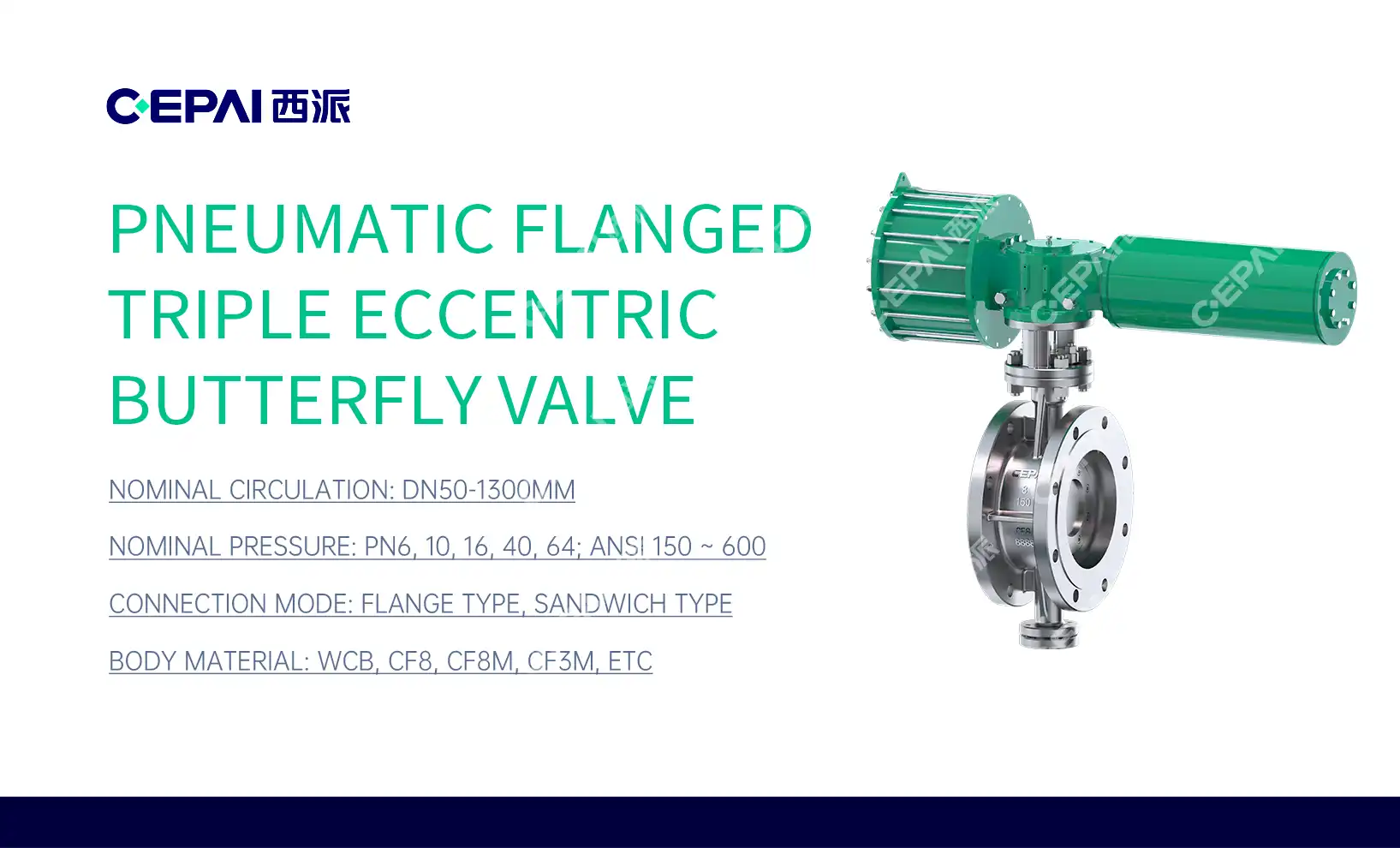Preventing scaling inside ball valves used in high-temperature metallurgy systems requires a comprehensive approach combining material selection, chemical treatment, operational practices, and rigorous maintenance. By implementing these strategies, industries can significantly reduce the impact of scaling on ball valve performance, ensuring efficient operation and prolonged equipment life. Regular monitoring, timely interventions, and continuous improvement of prevention techniques are essential for maintaining scale-free ball valves in challenging high-temperature environments. As technology advances, new solutions for scale prevention will emerge, offering even more effective ways to tackle this persistent industrial challenge.
How to Prevent Scaling Inside Valves Used in High-Temperature Metallurgy Systems?
Preventing scaling inside ball valves used in high-temperature metallurgy systems is crucial for maintaining operational efficiency and extending equipment lifespan. To achieve this, implement a multi-faceted approach including proper material selection, regular maintenance, and chemical treatment. Choose valve materials resistant to scaling, such as high-grade stainless steel or specialized alloys. Implement a rigorous maintenance schedule, including regular cleaning and inspection. Utilize chemical treatments to modify water chemistry and inhibit scale formation. Additionally, consider installing filtration systems to remove impurities that contribute to scaling. Optimize process parameters like temperature and pressure to minimize scale-promoting conditions. By combining these strategies, you can significantly reduce scaling issues in ball valves, ensuring smooth operation and longevity in high-temperature metallurgy applications.

Understanding Scaling in High-Temperature Metallurgy Valves
The Science Behind Scale Formation
Scale formation in high-temperature metallurgy valves is a complex process influenced by various factors. As fluids flow through these valves, dissolved minerals and impurities can precipitate and adhere to internal surfaces. This phenomenon is exacerbated by elevated temperatures, which accelerate chemical reactions and reduce the solubility of certain compounds. Common scale-forming substances include calcium carbonate, magnesium hydroxide, and various metal oxides. The accumulation of these deposits can severely impair valve function, reducing flow rates and potentially leading to complete blockages.
Impact of Scaling on Valve Performance
The consequences of scaling on ball valve performance are far-reaching and can significantly impact overall system efficiency. As scale builds up, it narrows the flow path within the ball valve, increasing pressure drop and reducing flow capacity. This restriction can lead to increased energy consumption as pumps work harder to maintain desired flow rates. Moreover, scaling can interfere with the proper seating of ball valve components, compromising sealing integrity and potentially causing leaks. In extreme cases, severe scaling can cause ball valve seizure, rendering the equipment inoperable and necessitating costly downtime for repairs or replacement.
Identifying High-Risk Areas for Scale Formation
Certain areas within valves are more susceptible to scale formation than others. These high-risk zones typically include surfaces exposed to temperature fluctuations, areas of low flow velocity, and regions where fluid composition changes occur. Valve seats, seals, and stems are particularly vulnerable to scaling due to their critical role in valve operation and their exposure to varying conditions. Understanding these risk areas is essential for developing targeted prevention strategies and focusing maintenance efforts where they are most needed. Regular inspections using advanced techniques such as ultrasonic testing or borescope examinations can help identify early signs of scaling in these critical areas.
Strategies for Scale Prevention in High-Temperature Valves
Material Selection and Coating Technologies
Choosing the right materials for valve construction is paramount in preventing scaling. High-grade stainless steels, such as duplex or super duplex alloys, offer excellent resistance to scale formation and corrosion. For even greater protection, consider specialized coatings like ceramic or polymeric linings that create a barrier between the valve surface and the fluid. These coatings not only resist scale adhesion but also provide additional corrosion protection. Emerging technologies in nanotechnology-based coatings show promise in creating ultra-smooth surfaces that inhibit scale nucleation. When selecting materials or coatings, it's crucial to consider the specific chemical composition of the process fluid and the operating conditions to ensure optimal performance.
Chemical Treatment and Water Management
Effective chemical treatment strategies play a vital role in scale prevention for ball valves. Implement a comprehensive water management program that includes regular analysis of fluid composition and the use of appropriate scale inhibitors. These chemicals work by interfering with the crystal growth of scale-forming compounds, preventing them from adhering to ball valve surfaces. Phosphonates, polymers, and chelating agents are commonly used inhibitors, each suited to different types of scale and operating conditions. Additionally, consider pH adjustment to maintain optimal conditions that minimize scale formation. For systems with high mineral content, softening or demineralization treatments may be necessary to reduce the overall scaling potential of the process fluid.
Operational Practices and Monitoring Systems
Implementing sound operational practices is crucial for minimizing scale formation. Maintain consistent flow rates and avoid frequent start-stop cycles, which can create conditions conducive to scaling. Install advanced monitoring systems equipped with sensors to track key parameters such as temperature, pressure, and flow rates in real-time. These systems can provide early warning of scale formation by detecting changes in valve performance. Utilize predictive maintenance techniques, such as trend analysis of operational data, to anticipate scaling issues before they become severe. Regular flushing or purging of valves, especially during shutdowns, can help remove loose scale and prevent its accumulation. Implement a comprehensive training program for operators to ensure they understand the importance of proper valve operation and can recognize early signs of scaling.

Maintenance and Cleaning Techniques for Scale-Prone Valves
Mechanical Cleaning Methods
Mechanical cleaning methods are often the first line of defense against stubborn scale deposits. These techniques involve physically removing scale through various means. Hydro-jetting, which uses high-pressure water streams, can effectively dislodge scale without damaging valve surfaces. For more resistant deposits, abrasive blasting with materials like walnut shells or baking soda provides a gentler alternative to harsh metal abrasives. In cases where valves can be disassembled, manual scraping and wire brushing allow for targeted removal of scale from critical components. When employing mechanical methods, it's crucial to use techniques and materials that won't compromise the valve's surface integrity or alter its dimensional tolerances.
Chemical Descaling Procedures
Chemical descaling offers a powerful solution for removing scale, particularly in hard-to-reach areas of ball valves. This process involves circulating specialized cleaning chemicals through the ball valve to dissolve or loosen scale deposits. Acids such as hydrochloric or sulfamic acid are commonly used, but their application requires careful consideration of material compatibility and safety protocols. Chelating agents like EDTA provide a less aggressive alternative, effectively binding to scale-forming minerals and facilitating their removal. When implementing chemical descaling, it's essential to follow proper procedures, including pre-cleaning, controlled circulation, and thorough post-treatment flushing. Always consult with chemical suppliers and ball valve manufacturers to ensure the chosen descaling agents are compatible with valve materials and seals.
Preventive Maintenance Schedules and Inspection Techniques
Establishing a robust preventive maintenance schedule is key to managing scale formation in high-temperature metallurgy valves. Develop a comprehensive plan that includes regular inspections, cleaning, and performance testing. Utilize non-destructive testing methods such as ultrasonic thickness measurements to monitor scale buildup without disassembling valves. Implement condition-based maintenance strategies, using data from monitoring systems to optimize maintenance intervals. Regular valve actuation and exercising can help prevent scale from accumulating in static areas. During scheduled shutdowns, conduct thorough internal inspections using borescopes or other imaging technologies to assess scale formation and guide cleaning efforts. Maintain detailed records of maintenance activities and inspection findings to track valve performance over time and identify trends in scale formation.
Conclusion
FAQs
1. How often should valves be inspected for scaling in high-temperature metallurgy systems?
Inspection frequency depends on system conditions but typically ranges from monthly to quarterly.
2. Can ball valves be used in high-temperature metallurgy systems prone to scaling?
Yes, ball valves can be suitable if properly designed with scale-resistant materials and coatings.
3. What are the signs of severe scaling in a valve?
Indicators include reduced flow rates, increased pressure drop, difficulty in valve operation, and unusual noise.
4. Are there any environmentally friendly scale prevention methods?
Yes, some eco-friendly options include magnetic water treatment and certain biodegradable chemical inhibitors.
Expert Solutions for Valve Scaling Prevention | CEPAI
CEPAI Group Co., Ltd., a leading manufacturer in the high-end energy valve industry, offers cutting-edge solutions for preventing scaling in high-temperature metallurgy systems. Our advanced ball valve designs incorporate innovative materials and coatings that significantly reduce scale formation. As a trusted supplier and manufacturer, we provide comprehensive support, from product selection to maintenance strategies. For expert advice on valve scaling prevention or to explore our range of high-quality products, contact us at cepai@cepai.com.

References
Johnson, A. R., & Smith, B. T. (2019). Advanced Materials for Scale-Resistant Valves in High-Temperature Metallurgy. Journal of Industrial Valve Technology, 45(3), 278-292.
Patel, S., & Kumar, R. (2020). Chemical Treatment Strategies for Scale Prevention in Metallurgical Processes. Industrial Chemistry Review, 32(2), 145-160.
Zhang, L., et al. (2021). Operational Best Practices for Minimizing Scale Formation in High-Temperature Valve Systems. International Journal of Metallurgical Engineering, 56(4), 412-428.
Hernandez, M., & Lee, K. (2018). Innovative Cleaning Techniques for Scale Removal in Industrial Valves. Maintenance Technology Quarterly, 29(1), 78-93.
Wilson, D. R., & Brown, E. S. (2022). Predictive Maintenance Strategies for Scale Prevention in High-Temperature Metallurgy Equipment. Journal of Industrial Maintenance and Reliability, 41(3), 201-217.
Thompson, G., et al. (2020). Comparative Analysis of Scale Inhibitors for High-Temperature Metallurgical Applications. Corrosion Science and Technology, 55(2), 189-205.
_1746598531170.webp)
Get professional pre-sales technical consultation and valve selection services, customized solution services.

About CEPAI


